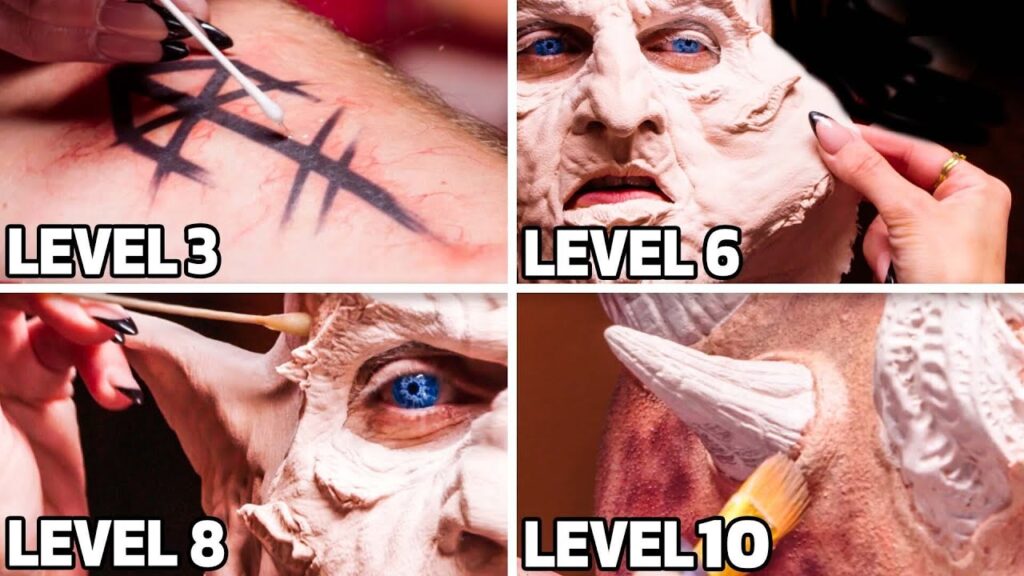Natural Short Sleepers: The Genetics of Sleeping Less
Summary
Researchers have discovered relatively rare genetic mutations that cause people to naturally require less sleep. Termed as “natural short sleepers”, they are people who are wired to sleep fewer hours than everyone else, feeling awful if they sleep more than four to six hours per night. Although we still have much to learn about sleep and its regulation in the human body, these genetic mutations offer clues about sleep homeostasis and how it affects the rest of us who need far more sleep than natural short sleepers.
Table of Contents
- What is a short sleeper?
- The discovery of genetic mutations associated with short sleep
- How do you identify the mutation responsible for short sleeping?
- How rare is being a natural short sleeper?
- Are there any health effects to sleeping less?
- Is there something we can learn from natural short sleepers?
- Are these genetic mutations a sort of human evolution?
- Could CRISPR gene editing be used to change sleep behavior?
- Do most people need eight hours of sleep per night?
What is a Short Sleeper?
There are two types of short sleeper: habitual short sleepers and natural short sleepers. While the former usually trains themselves to sleep fewer hours than most people, the latter’s bodies are wired to sleep shorter hours. Natural short sleepers typically sleep four to six hours per night and feel awful if they sleep more. Although it’s unclear what the long-term consequences of this are, it’s possible that these individuals are more efficient sleepers.
The Discovery of Genetic Mutations Associated with Short Sleep
In 2009, researchers discovered the first genetic mutation associated with short sleep. Since then, they have identified two more that cause people to need less sleep than usual. Despite having different functions, these genes offer clues about how sleep is regulated in the human body. However, we still know very little about how sleep homeostasis works.
How Do You Identify the Mutation Responsible for Short Sleeping?
To find the genetic mutation responsible for an individual or family’s short sleeping pattern, researchers first identify someone who is a natural short sleeper. Once they have recruited their family members, they take a bit of their blood to get their DNA and examine the entire genome to look for DNA changes. They can also use CRISPR gene editing to create mice with the same mutation to see if their sleep patterns change.
How Rare is Being a Natural Short Sleeper?
Only a few thousand people in the world are natural short sleepers. Researchers have found just over 100 people so far.
Are There Any Health Effects to Sleeping Less?
While researchers haven’t observed negative health effects in natural short sleepers, it’s hard to say definitively that there are none. However, many natural short sleepers live into their 80s and 90s or beyond and display several intriguing traits. For example, they tend to be more optimistic, energetic, have higher pain thresholds, and have better memory.
Is There Something We Can Learn from Natural Short Sleepers?
Natural short sleepers offer clues about how sleep works in the human body. Since their body is more efficient at using less sleep, it suggests that sleeping more efficiently could be advantageous for everyone. Studies show that sleep deprivation leads to an increased risk of many common diseases, highlighting the importance of getting a full night’s sleep.
Are These Genetic Mutations a Sort of Human Evolution?
The mutation responsible for natural short sleeping is likely a newer mutation that arose in the last 800-1000 years. Before the invention of electricity and digital devices, there was no advantage in being a short sleeper. However, the mutation may become more common as it becomes more advantageous.
Could CRISPR Gene Editing Be Used to Change Sleep Behavior?
Although gene editing is still in its infancy, it could be used to regulate the pathway responsible for sleep homeostasis. Instead of changing a single gene, it may be easier to find something that can help us sleep more efficiently.
Do Most People Need Eight Hours of Sleep per Night?
While eight to eight and a half hours of sleep is the recommended amount for most people, it’s essential to recognize that sleep patterns are unique to each individual. Some people require more or fewer hours of sleep than others. It’s essential to listen to your body and get the amount of sleep that leaves you feeling fully rested.
Conclusion
Natural short sleepers offer fascinating insights into the genetics of sleep homeostasis. Although we still have much to learn about how these genetic mutations work and how sleep is regulated, they offer hope that it may be possible to sleep more efficiently, improving our overall health and productivity. Ultimately, we need to listen to our bodies and get the amount of sleep that leaves us feeling fully rested.





